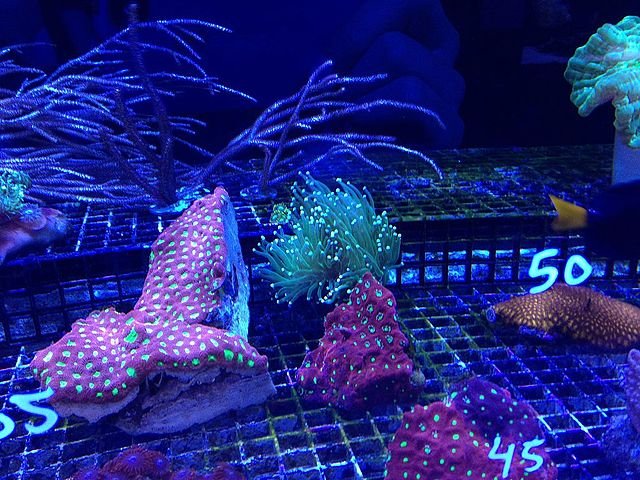From climate change and plastics pollution, to overfishing and the destruction of coral reefs, the world’s oceans are reeling from human activities that together are building up into a terrifying environmental disaster. The future of human civilisation is dependent on healthy oceans (especially as they cover 71% of the Earth’s surface) and action needs to be taken now to safeguard their complex biodiversity for future generations. Luckily, hearts and minds are finally starting to come together to face these mounting challenges as part of the broader environmental movement but the Herculean responsibility of preserving our oceans will have to be taken up by everyone.
Better knowledge and increasing awareness of how human activities impact the oceans will be key to facing these challenges. Because humans will need to keep interacting with the oceans just as they have done since ancient times.
The EU as an international actor has taken up the challenge of working to preserve our oceans and its policy priorities recognise not only the fundamental importance of the oceans and seas but also the sheer complexity of the problems that need to be addressed.
As always, sound policy is made with reliable evidence and innovative research. This is why our special feature this month is covering seven Horizon 2020-funded projects that are at the forefront of cutting-edge maritime research. From comprehensively studying how the Atlantic is being adversely affected by climate change, to preparing the fishing industry for future blue growth, and working out how unmanned drones can be utilised for better marine management, no stone is left unturned in the quest for truly healthier and more sustainable oceans.
The Research*eu magazine is the main source of information for all findings related to EU-funded science projects. It covers a large spectrum of scientific topics and is published 10 times per year in English (and online in five additional languages).
For more information or to sign up for a free subscription, read the new online edition or download it in PDF, please visit:
https://cordis.europa.eu/article/id/410172/en
Source: European Commission, CORDIS
Editor at the digital magazine AquaHoy. He holds a degree in Aquaculture Biology from the National University of Santa (UNS) and a Master’s degree in Science and Innovation Management from the Polytechnic University of Valencia, with postgraduate diplomas in Business Innovation and Innovation Management. He possesses extensive experience in the aquaculture and fisheries sector, having led the Fisheries Innovation Unit of the National Program for Innovation in Fisheries and Aquaculture (PNIPA). He has served as a senior consultant in technology watch, an innovation project formulator and advisor, and a lecturer at UNS. He is a member of the Peruvian College of Biologists and was recognized by the World Aquaculture Society (WAS) in 2016 for his contribution to aquaculture.
Stay Always Informed
Join our communities to instantly receive the most important news, reports, and analysis from the aquaculture industry.







